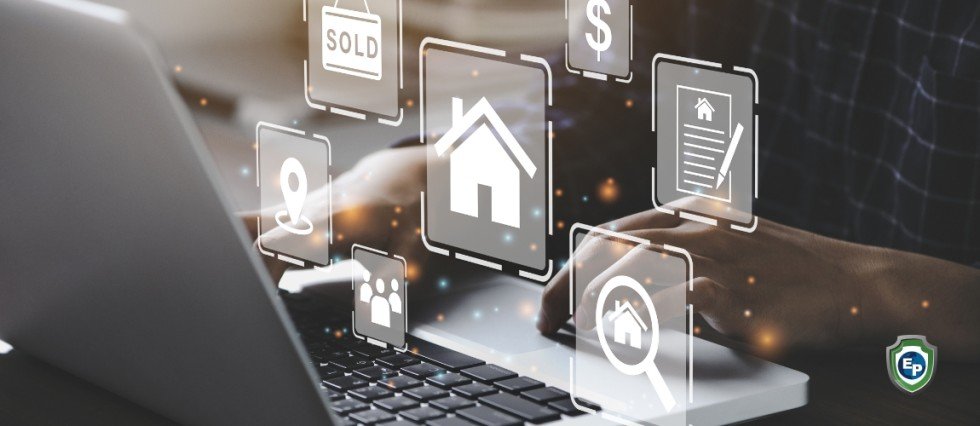How Blockchain Technology Is Transforming the Real Estate Sector
Blockchain is changing the real estate industry, offering benefits from facilitating rental and real estate property transactions to removing barriers to real estate investing. Come read our blog to learn more.

Trading high-value property like real estate via digital platforms was not common practice in the past. Often, these transactions are executed offline through physical engagement with different entities. However, the widespread adoption of blockchain has brought about strategies to transform this approach.
Many players in the real estate industry have quickly realized that block-chain-oriented intelligent contracts are critical in the sector. Blockchain technology transforms commercial real estate transactions like leasing, financing, and purchase. Here’s how blockchain technology is changing the real estate industry.
More Platforms Increase Opportunities
Traditionally, real estate technology involved listings and linking sellers and buyers. However, blockchain introduces new methods, facilitating extensive real estate transactions through online marketplaces and trading platforms.
For instance, some real estate blockchain-based platforms have introduced a concept to ease rental and real estate property transactions. Tokenizing landed property means that assets can be traded like stocks online.
Fractional Ownership
Blockchain reduces obstacles involved in real estate investing by providing fractional ownership. In the past, acquiring property required a substantial initial investment, with some investors having to pool their resources to obtain big-ticket properties. But blockchain investors only need access to a trading application to sell and buy their preferred fractions. Investors don’t have to engage in property management practices like leasing and maintenance through fractional ownership.

Eliminating Third-Parties
Traditional real estate transactions involve various intermediaries like banks, lawyers, and brokers. However, blockchain could soon trigger a shift in their participation and roles in property in these dealings.
Legal documentation, payments, and listings can now all be managed by new platforms. By eliminating intermediaries, sellers and buyers will save money on fees and commissions charged by intermediaries. Additionally, there will be no back and forth between third parties.
Costs
Decentralized networks are transparent, which can help reduce real estate transaction costs such as taxes, loan fees, registration fees, and inspection fees. These costs frequently vary depending on a variety of factors, such as the jurisdictional area. These costs can be eliminated or reduced by automating real estate processes.
Liquidity
For a long time, many players in the real estate industry have viewed blockchain as an illiquid asset because concluding sales can be a long process. However, tokens and cryptocurrencies can be traded for fiat currencies via exchanges. Real estate can also be sold quickly as tokens. Sellers don’t have to wait for buyers who can afford to pay for the entire property to get value.
Learn More with Export Portal
Export Portal is a comprehensive global trade hub that has everything you need to trade safely and securely. We prioritize security, transparency, cost-effectiveness, and ease-of-use. Subscribe to our newsletter today and stay in the loop!


















Comments 0